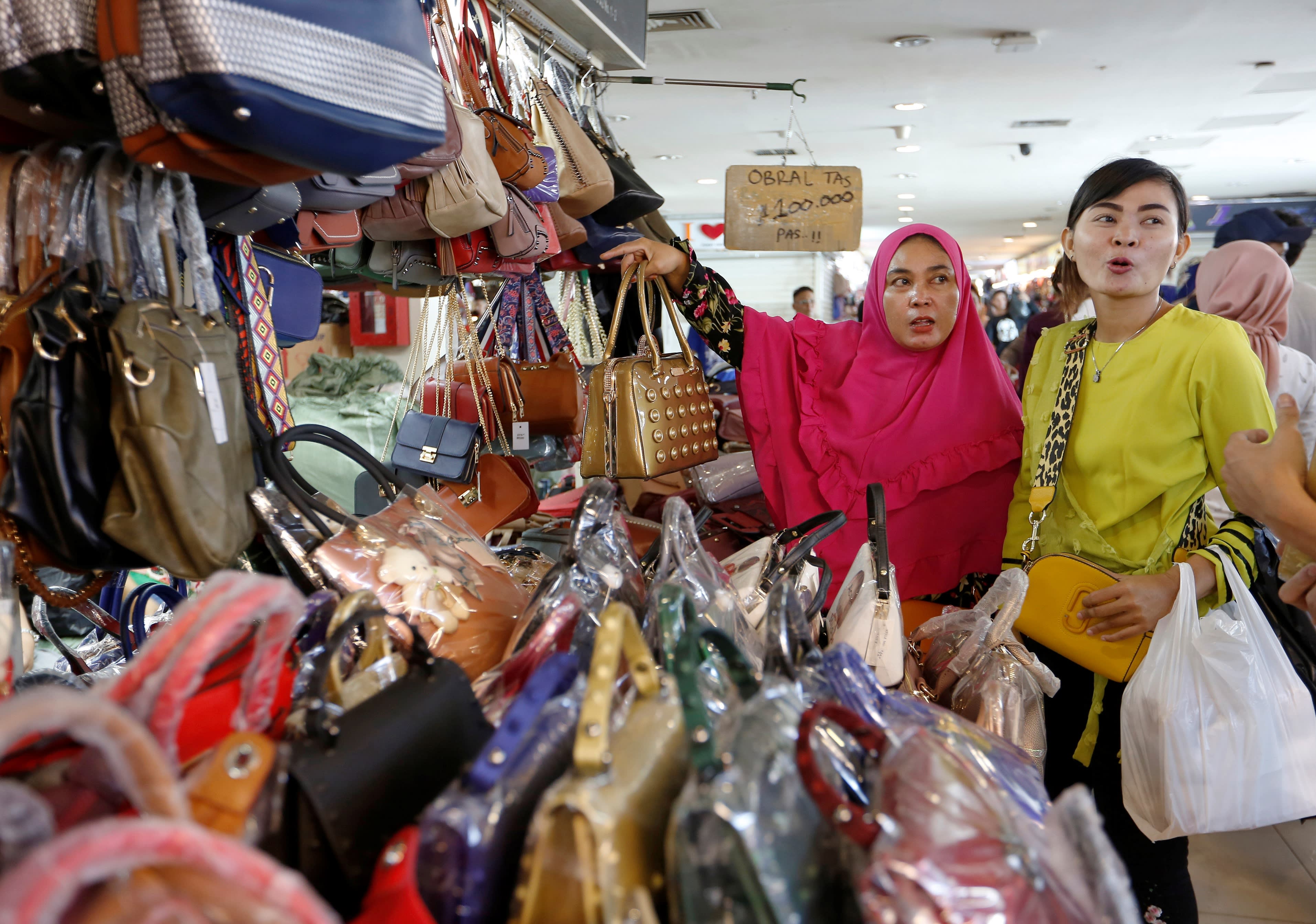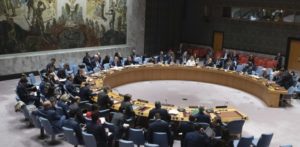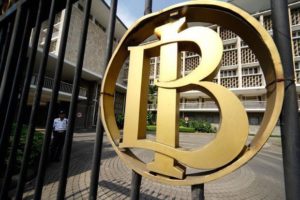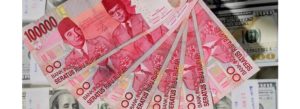Jakata,MINA — Indonesia posted strong economic figures for the second quarter of this year, despite pressure from higher U.S. interest rates and consecutive rate hikes from the country’s central bank, Nikkei Asian Review reported.
Badan Pusat Statistik (BPS), the country’s central statistics agency, on Monday said gross domestic product had grown by an inflation-adjusted 5.27% on an annual basis in the three months to June, rising from the 5.06% growth seen in the first three months of the year.
The latest figure was above a consensus forecast of 5.16%, according to a Reuters poll, and marked the fastest pace of growth since the fourth quarter of 2013.
The performance for the second quarter came despite the country suffering from capital outflows as a result of higher U.S. interest rates, as well as Bank Indonesia raising its benchmark interest rate by 100 basis points between mid-May and the end of June.
Also Read: Saudi Arabia Wins Bid to Host World Expo 2030
This was down to the second quarter including the fasting month of Ramadan and the holiday marking its conclusion, the times of year when Indonesians spend the most.
Private consumption, which accounts for over half of GDP, grew by 5.14% year on year, with the statistics agency attributing the growth to an increase in spending on restaurants and hotels as well as food and beverage. That growth in private consumption was spurred by the government’s move to bump up holiday bonuses for government workers, leading to a rise in government spending of 5.26%.
“[The result] is encouraging and good enough, but still below Indonesia’s GDP growth target of 5.4%,” BPS chief Suharyanto said. “It is necessary to increase GDP in the next quarter [to achieve the target].”
While the growth figures bode well for President Joko Widodo, who is targeting re-election next year, there are doubts as to whether the country can continue growing at the same rate. “Looking ahead, we doubt Indonesia’s economy can maintain its current pace of expansion,” said Gareth Leather, senior Asia economist at Capital Economics.
Also Read: 148 Products from Indonesia Promoted at Sarawat Superstore Jeddah
Overshadowed by headwinds
He added that wage growth would support consumption, but this was “likely to be overshadowed by headwinds elsewhere” like the central bank’s monetary policy.
Also Read: Packaging Industry Supports Halal Ecosystem
Those hoping for “a further big increase in spending to improve the country’s dilapidated infrastructure are likely to be disappointed, given the need to keep the budget deficit within 3% of GDP,” he added.
“Further ahead, growth will depend on the government’s progress in addressing Indonesia’s long-standing structural issues … however, we see little prospect of an improvement in policymaking in the near term. Indeed, with a general election due next year, there are signs that suggest policymaking is likely to move in a populist direction.”
The country will also have to assess the economic impact of the recent earthquakes in the popular tourist destination of Lombok. Should tourists begin to shun the island along with neighboring Bali, the economy will likely take a significant hit. Boosting tourism has recently been a key policy goal of the president.
On a quarterly, non-seasonally adjusted basis, the economy expanded by 4.21% from a 0.41% contraction in the first quarter. . (T/RS5/RS1)
Also Read: Indonesia-Japan Agree on Energy Transition Cooperation
Mi’raj Islamic News Agency (MINA)


































 Mina Indonesia
Mina Indonesia Mina Arabic
Mina Arabic